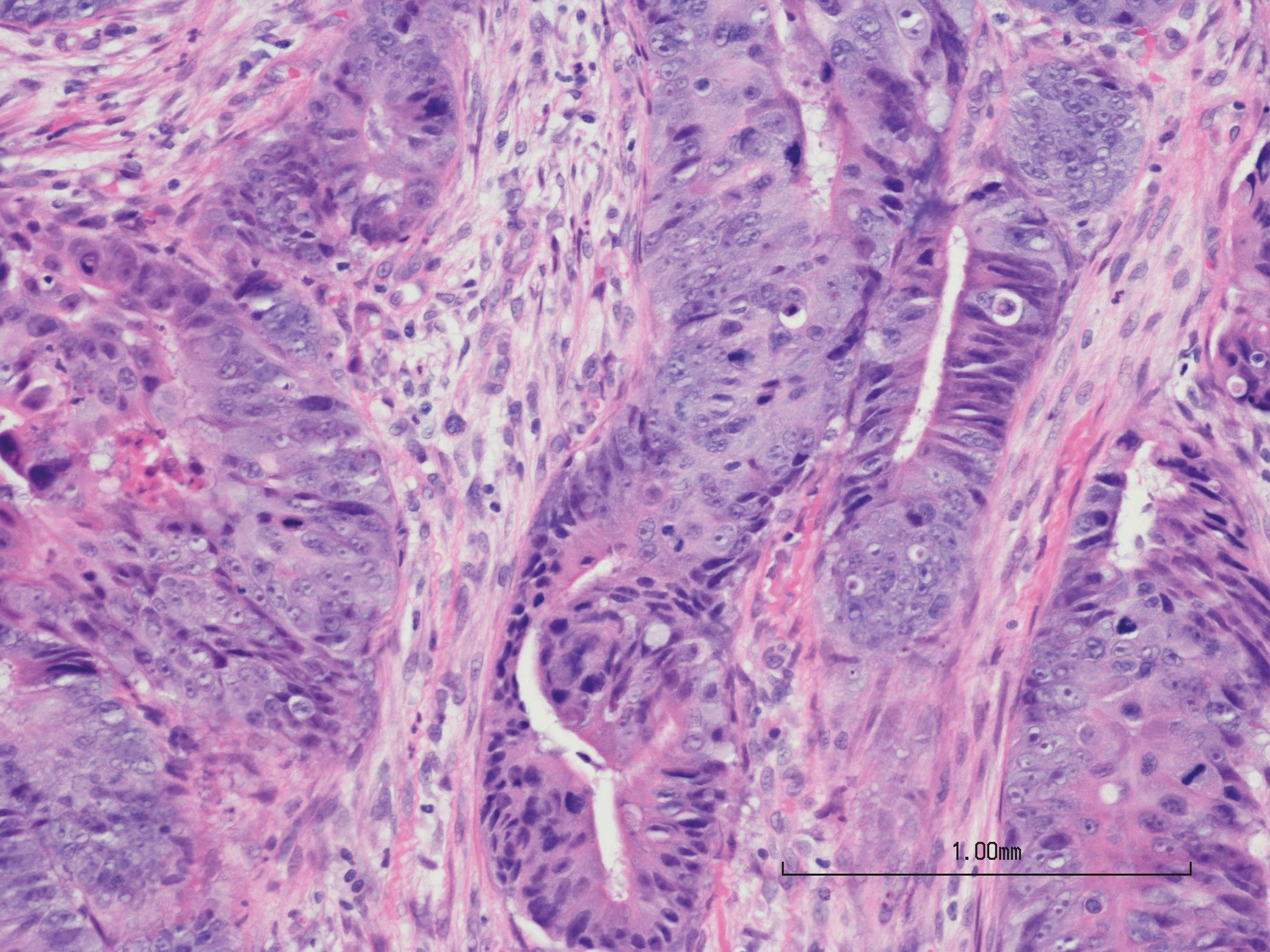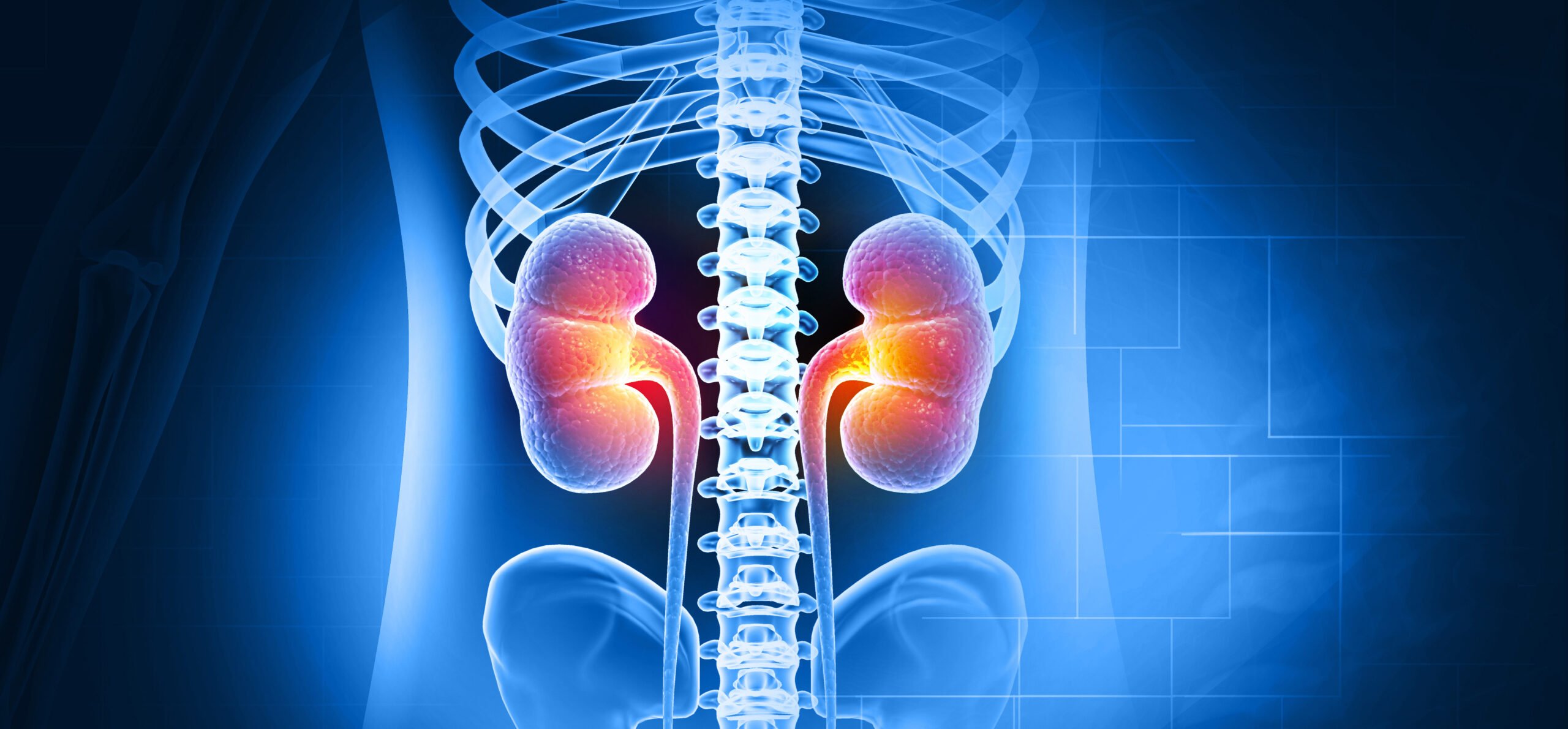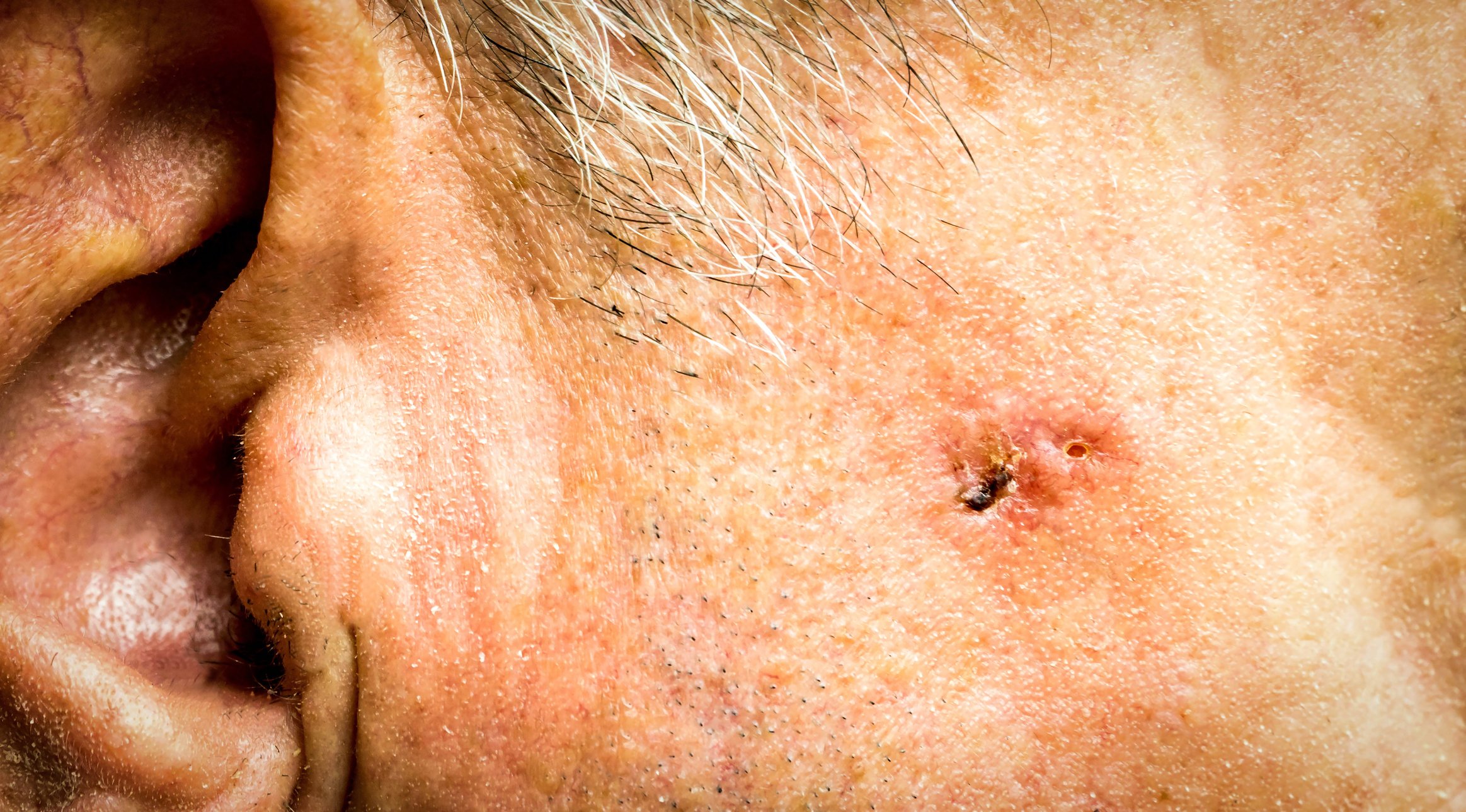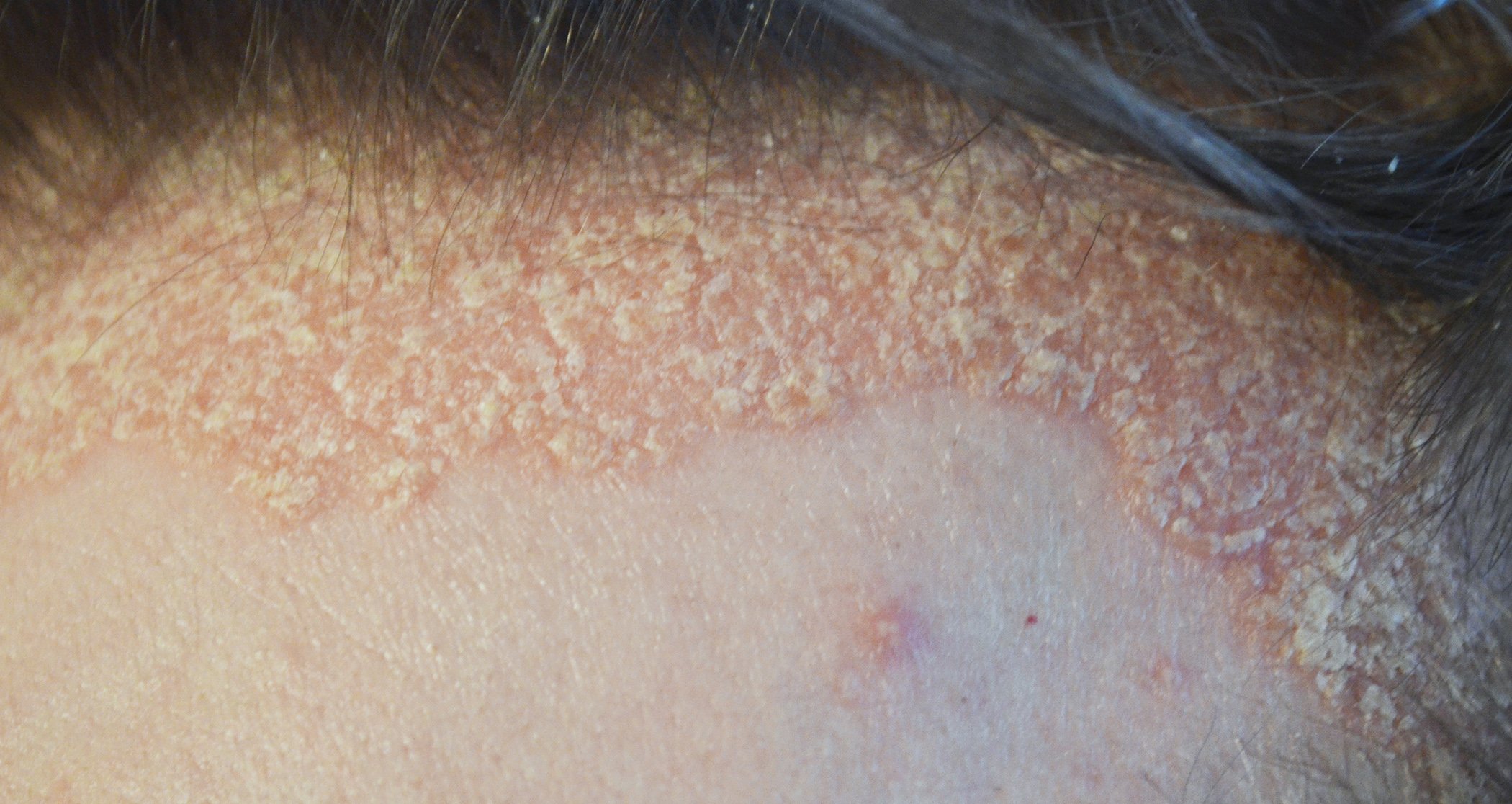Pediatric multiple sclerosis (POMS) is a rare but particularly challenging form of the disease. Children and adolescents with MS often experience more relapses, a greater lesion burden on MRI and early-onset cognitive impairment. At the same time, their long-term course is characterized by a delayed but ultimately unstoppable accumulation of disability. For a long time, therapeutic care was limited and restricted to low to moderately effective therapies. In recent years, however, there has been a paradigm shift: highly effective therapies (HETs) are increasingly being used in pediatric patients – with clear benefits for relapse rate, MRI activity and disease progression.
Autoren
- Tanja Schliebe
Publikation
- InFo NEUROLOGIE & PSYCHIATRIE
Related Topics
You May Also Like
- Atopic dermatitis: proven therapeutic principles and innovations
From healthcare research to precision medicine
- SGLT2 inhibitors and glucocorticoids
Protective effect on kidney function is maintained
- Study report: Nicotinamide for skin cancer prevention
Cohort study analyzed data from over 30,000 patients
- Psychooncology
Communication as the key to therapy adherence
- How do weight loss interventions affect the muscles?
Reflective evaluation: do not neglect qualitative aspects
- From biomarkers to gene therapies
Getting to know ataxias
- Evidence-based therapy for psoriasis in difficult locations
IL-23 inhibition in scalp psoriasis: what’s new?
- Obesity in the family practice











